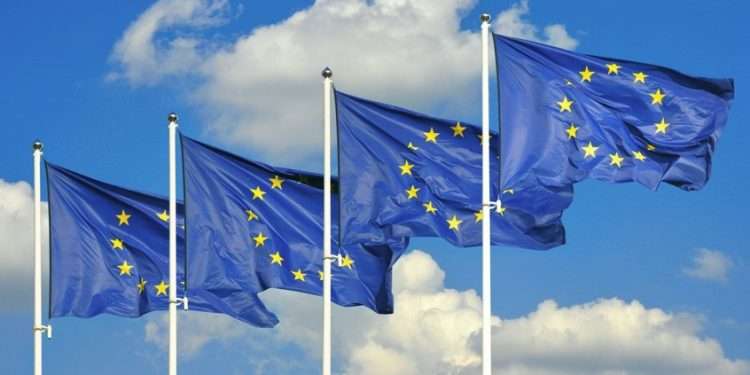Corporate Sustainability Reporting Directive
This article introduces one of the ESG regulations in Europe, the Corporate Sustainability Reporting Directive.
The Corporate Sustainability Reporting Directive is developed by the EU, which requires large and listed companies to disclose information on environmental, social, governance, and ethical topics.
Related Post: Introduction to European ESG Regulation: Corporate Sustainability Due Diligence Directive (CSDDD)
Basic Information of Corporate Sustainability Reporting Directive
The CSRD will affect over 50000 EU companies, and if a company falls into one of the following categories, it will need to comply with the requirements of the CSRD.
Group 1: Large public enterprises, such as EU listed and unlisted companies, whose balance sheets meet two or more of the following conditions for two consecutive years:
- Total balance sheet 25 million euros.
- Net turnover 50 million euros.
- 500 employees during the financial year.
Group 2: Large public enterprises, such as EU listed and unlisted companies, whose balance sheets meet two or more of the following conditions for two consecutive years:
- Total balance sheet 25 million euros.
- Net turnover 50 million euros.
- 250 employees during the financial year.
Group 3: EU listed small and medium-sized enterprises whose balance sheets meet two or more of the following conditions for two consecutive years:
- Total balance sheet 450000 euros.
- Net turnover 900000 euros.
- 10 employees during the financial year.
Group 4: Headquartered outside the EU and with a turnover of over 150 million euros for two consecutive years.
The Corporate Sustainability Reporting Directive requires the first group of companies to publish their first report in 2025, the second group of companies to publish their first report in 2026, and the third and fourth groups of companies to publish their first report in 2029. These companies’ reports need to comply with the European Sustainability Reporting Standards (ESRS). The ESRS contains a total of 1178 data points and is divided into four areas:
Cross-cutting standards:
- ESRS 1 An overview of how the ESRS work.
- ESRS 2 General business disclosures.
Environmental standards:
- ESRS E1 Climate.
- ESRS E2 Pollution.
- ESRS E3 Water and Marine Resources.
- ESRS E4 Biodiversity.
- ESRS E5 Circular Economy.
Social standards:
- ESRS S1 Workforce.
- ESRS S2 Value chain.
- ESRS S3 Affected communities.
- ESRS S4 Consumers and end-users.
Governance standards:
ESRS G1 Business conduct matters.
For the twelve ESRS standards mentioned above, companies must comply with ESRS 2 and adopt the principle of comply or explain with ESRS E1. For the remaining ESRS standards, companies need to disclose information with material impact through a double materiality evaluation. If a company considers a certain ESRS standard to be unmaterial, it needs to explain the reason.
How to Comply with Corporate Sustainability Reporting Directive
Enterprises can comply with the CSRD through the following steps:
- Identifying ESG trends: Companies can identify ESG themes that are relevant to their business operations based on industry and economic activities.
- Engaging with stakeholders: Companies can communicate with stakeholders such as employees, suppliers, and customers to assess ESG themes.
- Defining sustainable development impacts, risks, and opportunities: Enterprises should confirm sustainable development impacts, risks, and opportunities based on ESRS.
- Sorting sustainable development impacts, risks, and opportunities: Enterprises need to rank sustainable development impacts, risks, and opportunities in order to identify which ESG themes have material impact.
- Developing strategy: Enterprises need to explain the goals they need to achieve and develop plans.
For small and medium-sized enterprises, the EU plans to include listed SMEs from 2026 to 2028. These enterprises can choose to exit in 2026 and 2027, but must explain the reasons in their annual reports. Although non listed small and medium-sized enterprises are not within the regulatory scope, they may also need to provide sustainable data to other enterprises in the value chain.
Reference:
Euronext ESG Trends Report 2024
ESG Advertisements Contact:todayesg@gmail.com








